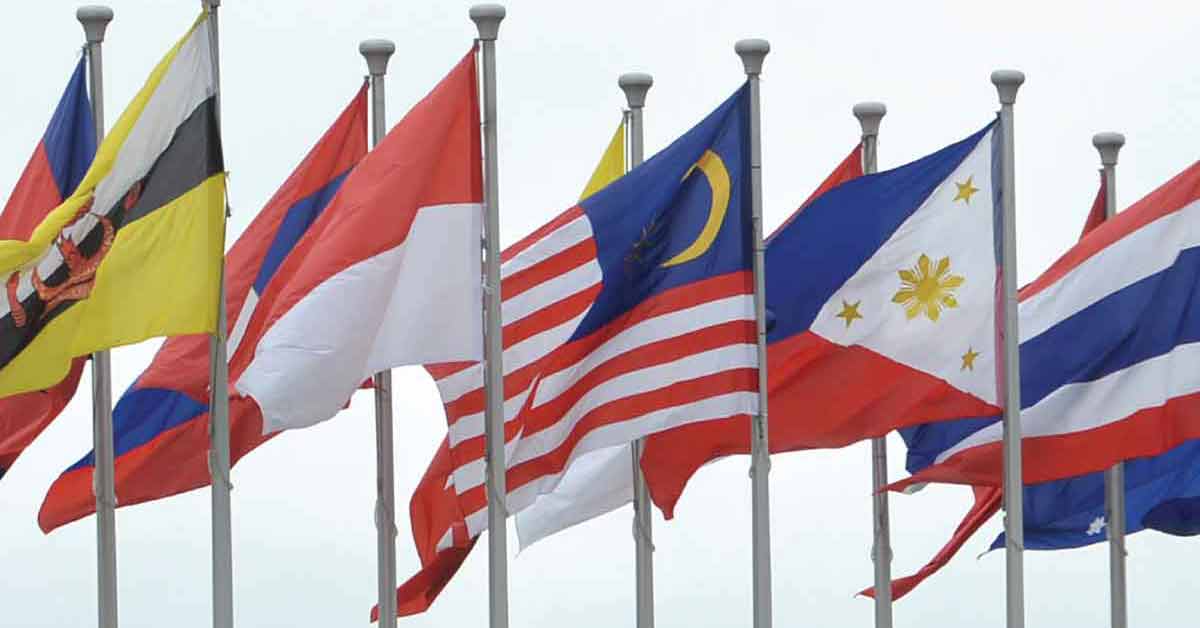2019 was a whirlwind of a year for Southeast Asia. The region experienced tragedies, achievements and faced many challenges in between.
To commemorate the year as it draws to a close, The ASEAN Post would like to take readers on a journey to revisit key events and happenings in this region throughout 2019.
January
In January, Cambodian Prime Minister Hun Sen’s battle with the European Union (EU) intensified after he threatened to act out against the country’s opposition should the EU follow through with its proposed withdrawal of trade benefits.
In response to the EU’s actions, Hun Sen retaliated with a threat of his own. "If you want the opposition dead, just cut it," Hun Sen said in a speech at the inauguration of a ring road around Phnom Penh.
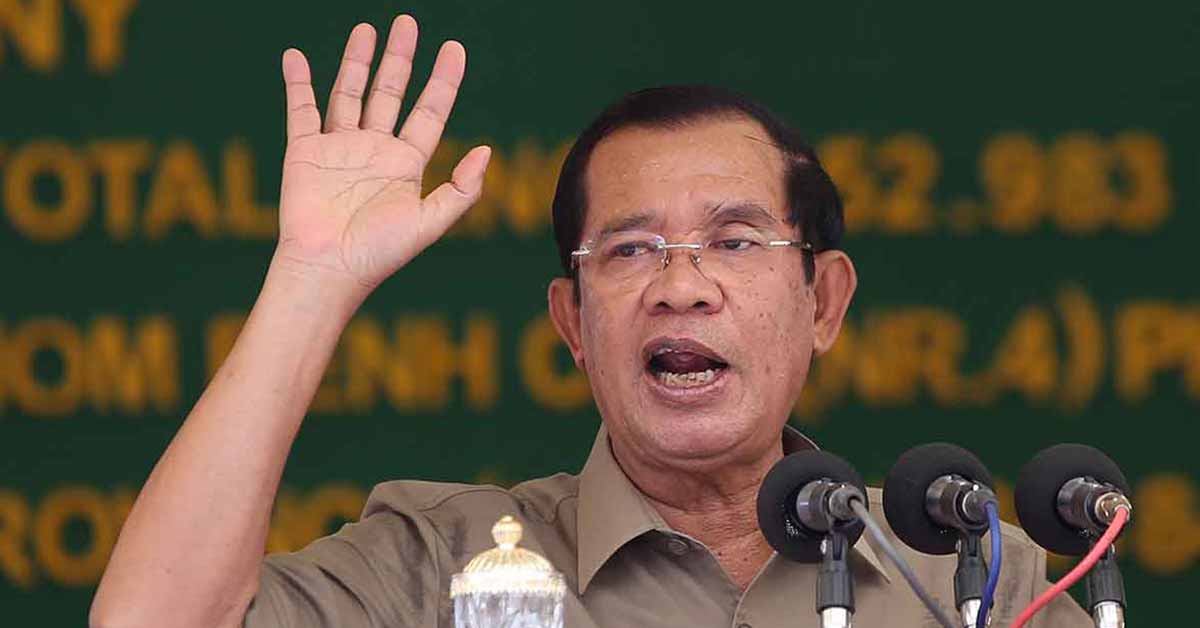
February
In February, Malaysians were shocked with news of the gruesome death of 11-year old Cambodian girl Siti Masyitah Ibrahim. The girl had been missing since 30 January, and her body was found a mere three kilometres away from her home. Her hands had been tied behind her back, she had been decapitated, and – perhaps most sinister of all - some of her internal organs had been removed.
While the Malaysian police have denied any elements of organ harvesting, it did draw attention to the organ harvesting trade in the region.
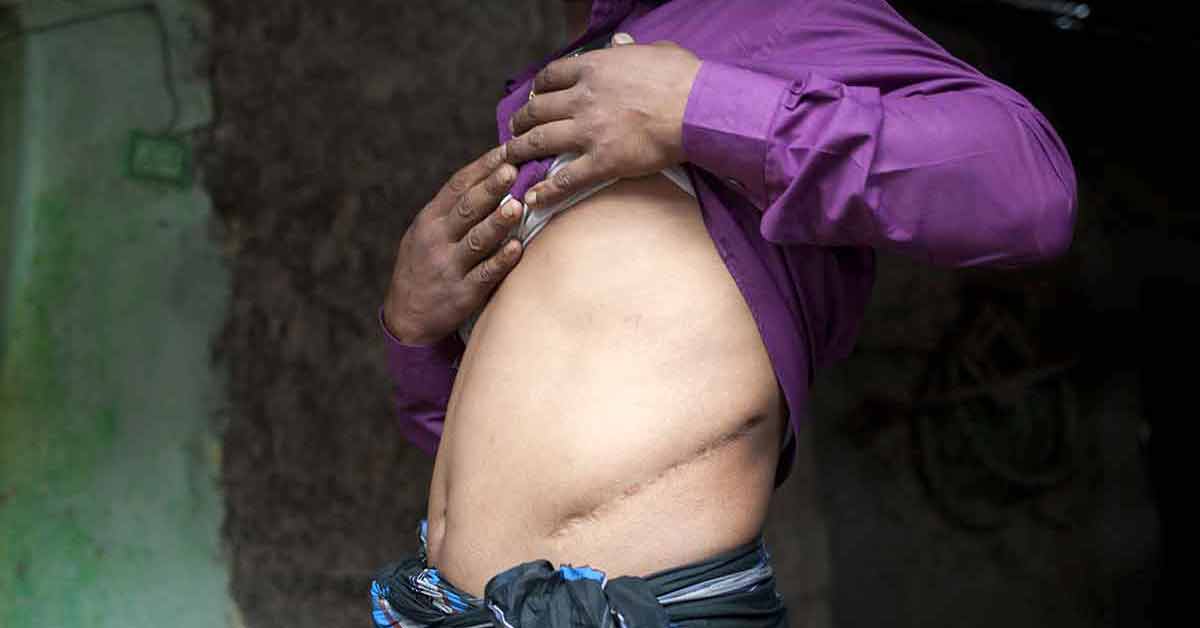
March
The following month, the biggest news to hit the region was certainly the much-awaited Thai election. This was the first Thai election since the military coup in 2014.
Following the election, Thailand's ruling junta took an unexpected lead which ultimately led to Prayut Chan-o-cha being elected the country’s current Prime Minister.
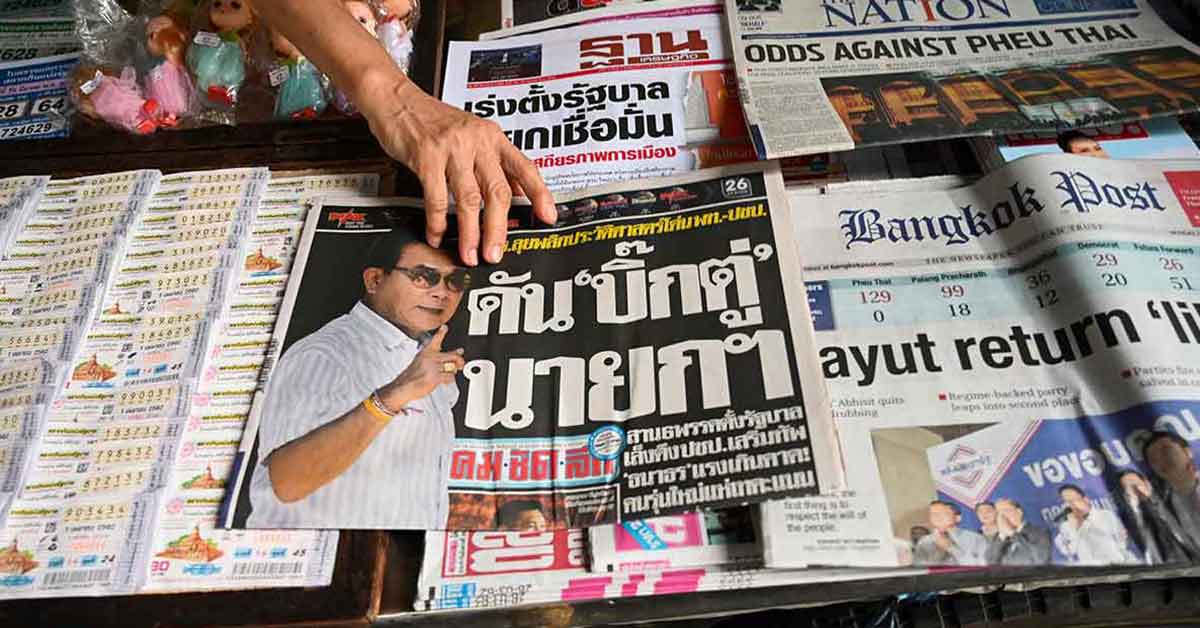
April
A month after Thailand’s election, came fellow ASEAN member Indonesia’s election. The election pitted two formal rivals Joko Widodo and Prabowo Subianto for the second time since the previous election.
The election has been considered one of the biggest democratic elections in the world and ultimately saw Joko retaining his position as the country’s president for his second – and last – term.
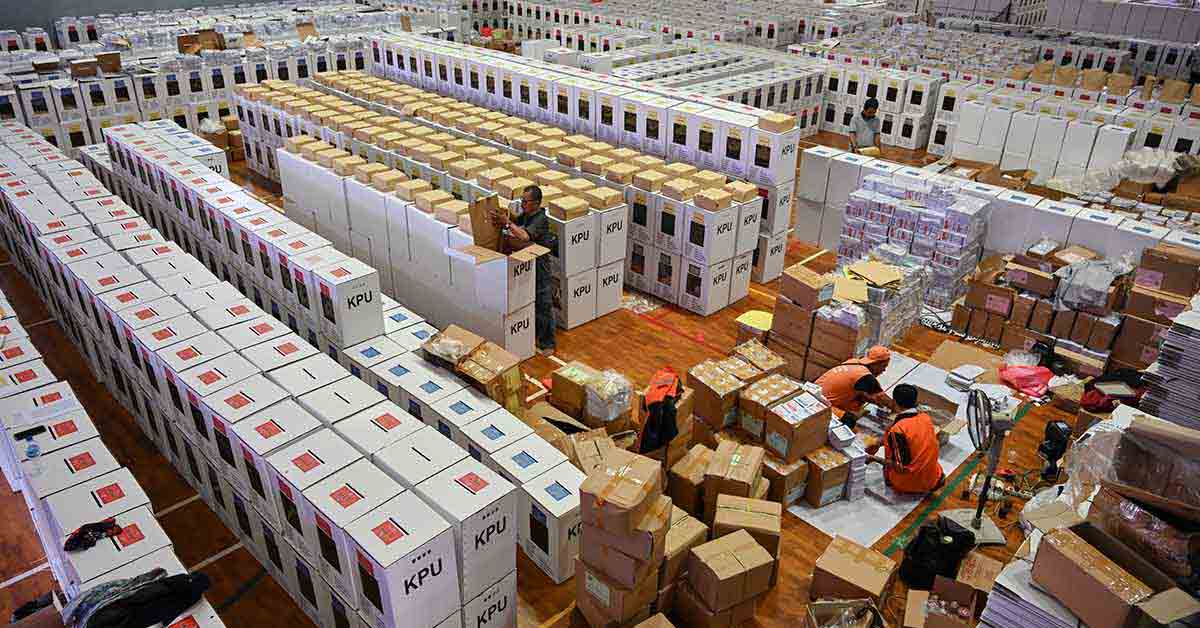
May
Protesting and riots took place on 21 and 22 May 2019 in Jakarta, the capital of Indonesia, mainly around the Tanah Abang district of Central Jakarta and in West Jakarta. The unrest followed former general Prabowo Subianto's refusal to accept defeat in the 2019 Indonesian presidential election to incumbent President Joko Widodo, also known as Jokowi.
Prabowo's campaign team had called for protests after preliminary results showed Jokowi's victory. The protests commenced on the day of the official announcement of the election result on 21 May. Tense protests around the election agencies' buildings were followed by rioting on the night of 21 May in several areas. Eight people were reported killed as a result of the riots, with hundreds injured.
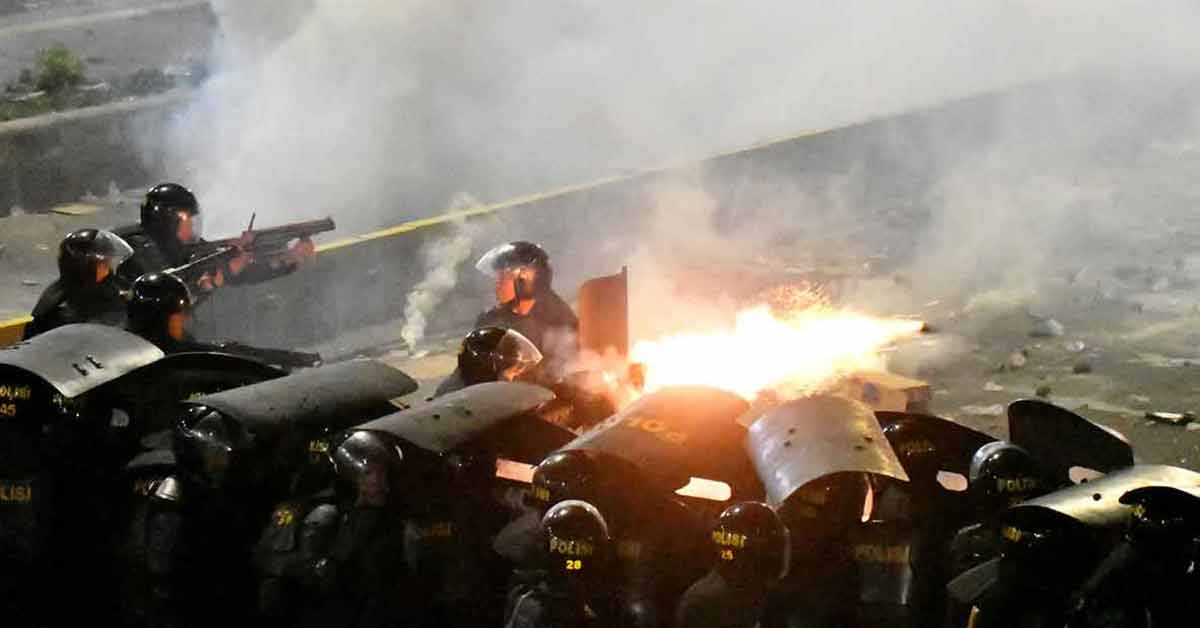
June
In June, Bangkok hosted the 34th ASEAN Summit where many issues were brought to light. Human rights advocates worried for the future of the Rohingya, however, were not appeased following the conclusion of the summit where a final statement said ASEAN leaders supported Myanmar’s efforts to “facilitate the voluntary return of displaced persons in a safe, secure and dignified manner”. The statement did not include the term Rohingya.
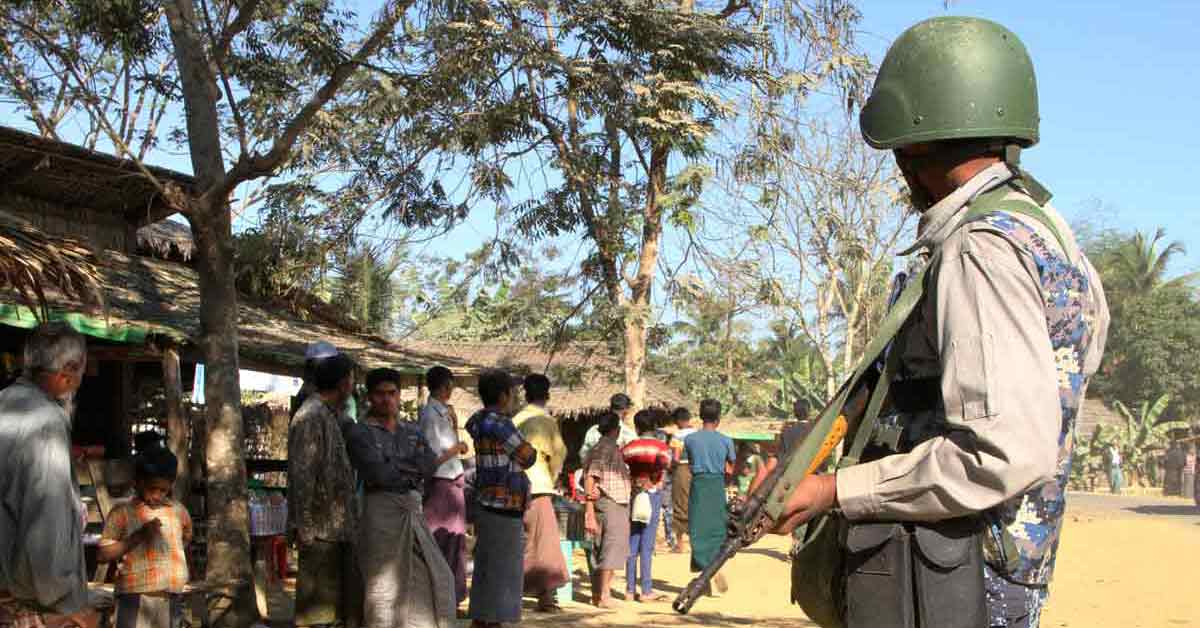
Related articles:
